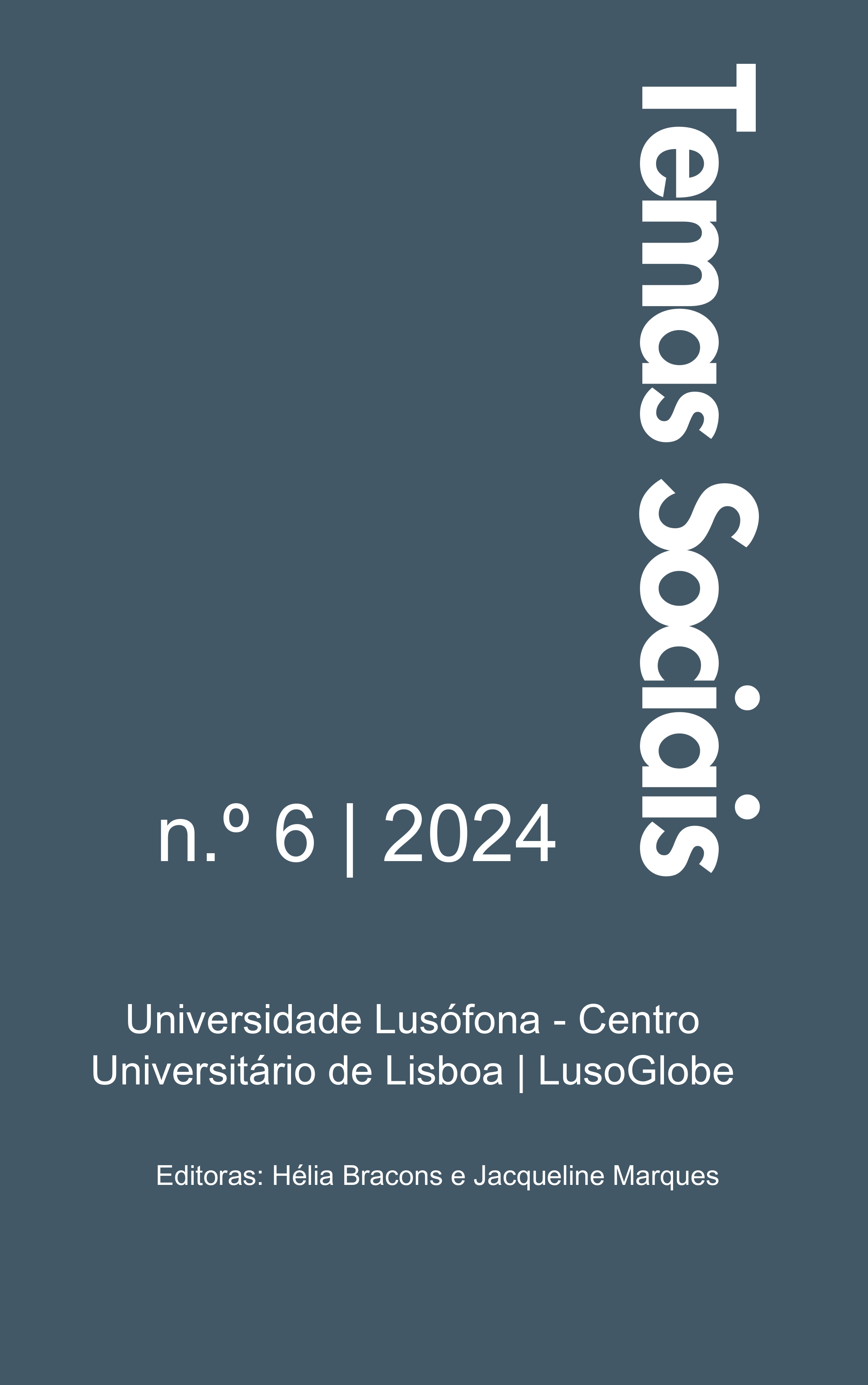Father Oliveira Remembering the mentor of the Child Protection Law in Portugal on the centenary of his death: Father António d’Oliveira (1867-1923)
https://doi.org/10.60543/ts_iss.vi6.9135
Abstract
On the centenary of the death of Father António d’Oliveira (1867-1923), we analyze his work and actions in favour of the protection and re-education of juvenile delinquents, especially those interned at the Lisbon House of Correction. He drafted an innovative intervention regulation in this establishment (1901) and was the mentor of the Child Protection Law (1911), which projected the country into the wake of nations concerned with childhood. It is a historical-documentary study using hermeneutic analysis of sources (primary, secondary) and legislation, with the following objectives: analyze his work in the area of child protection; interpret the Child Protection Law in light of the time; understand the re-educational intervention (God, Country, Work) with hospitalized minors. We intend to remember historiographically that this figure is dedicated to the problem of childhood and juvenile delinquency and to raising public awareness of serious social issues, which contributed to the History of (Social) Education.
Downloads
Open Access Policy:
The Journal facilitates free, open and immediate access to its contents to foster the exchange of knowledge at a global level.
By submitting their work, the author(s) authorise the publication and dissemination of their work and are responsible for its content.
Code of Ethics:
The Journal is a digital tool that enables the dissemination of knowledge in a globalised society where technology, communication and information occupy a prominent place. The publication promotes equal opportunities facilitated by knowledge. To this end, the Journal is committed to the content it publishes, adopting a code of ethics based on the following principles:
1. The texts received must be original, by the author(s) alone and unpublished, i.e. they must not have been previously published, broadcast or sent to another publication.
2. Authors are responsible for requesting any authorisations necessary to publish their texts, with the respective reference to the sources consulted.
3. That organisation must authorise work funded by an organisation to disseminate the results.
4. the plagiarism detection tool in force will review all work received at Universidade Lusófona - Centro Universitário de Lisboa.
5. The articles received will be evaluated by two experts in the field, guaranteeing the anonymity of the author(s) and the evaluators.
6. Papers involving people as the research subject must obtain informed consent from all of them, with strict respect for the confidentiality of personal data and, if necessary, the decision of the Ethics Committee.
7. The list of authors should only include those who contributed intellectually to the work, i.e., who designed and carried out the research, wrote up and analysed the results and approved the final version of the text.



